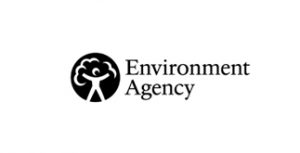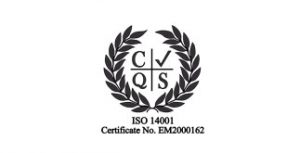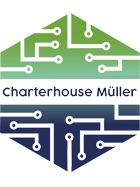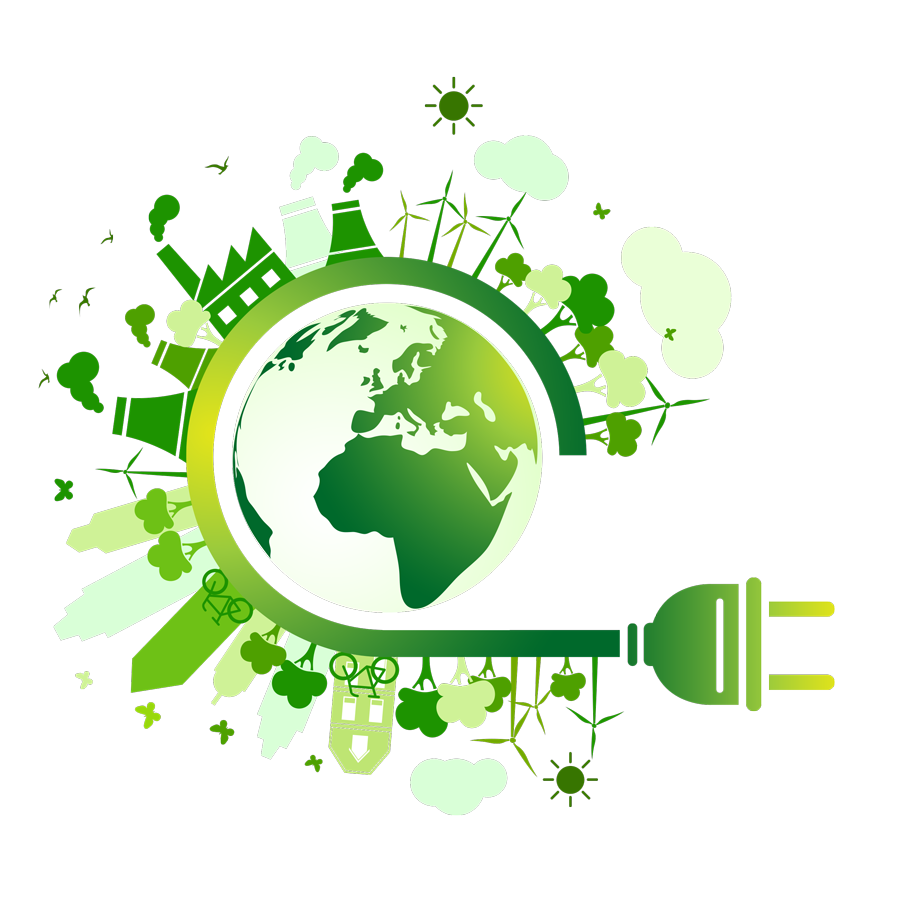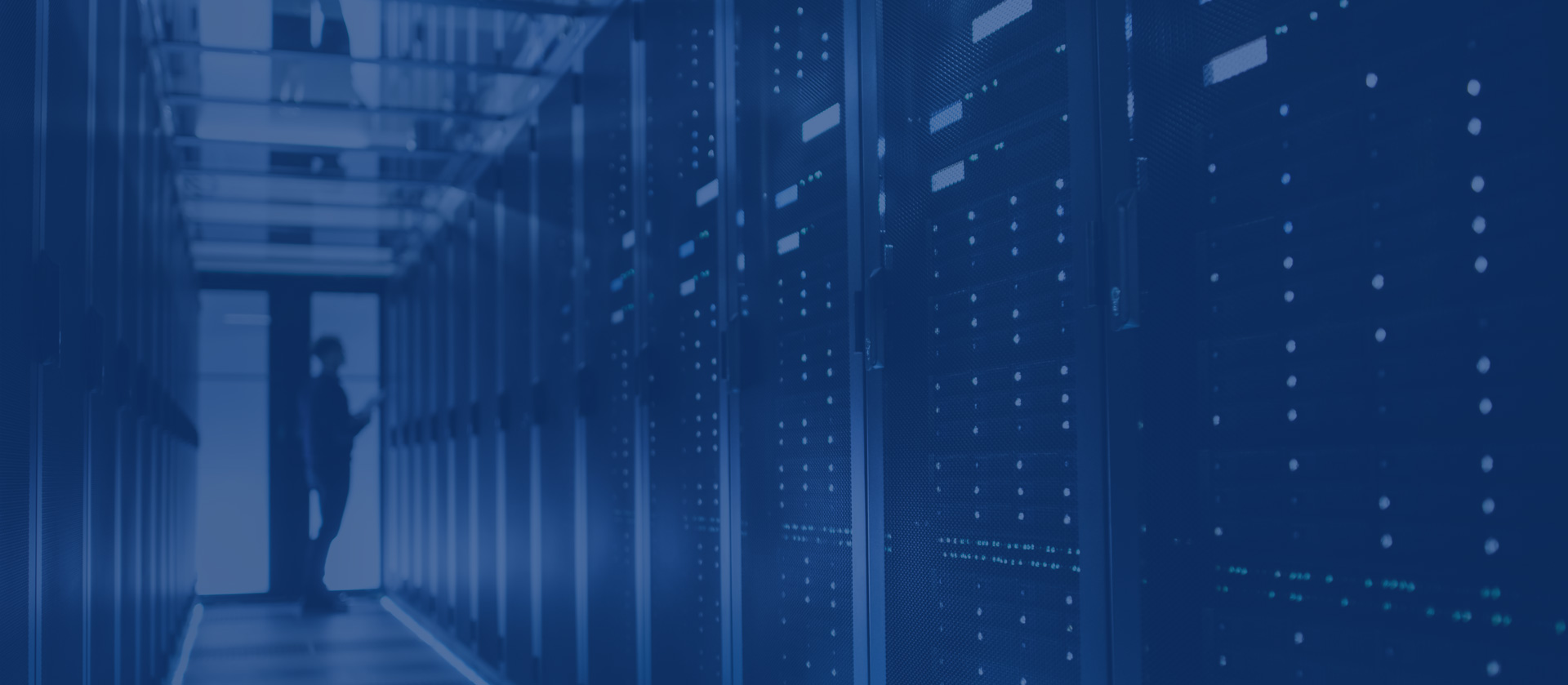
Sustainability and ESG
Our primary focus is to promote re-use over recyclingEach year thousands of laptops, PCs, phones, etc. end up being shipped abroad for recycling or end up in landfill.
Known as electronic or e-waste, the amount of waste being produced globally each year is now estimated at around 50 million tonnes per year.
This figure is expected to increase even further.
Rather than adding to the problem, we work with you to look at your IT asset investment – maximise the assets which can be optimised and re-used elsewhere within the organisation or resold within the UK after securely removing all data.
Not only does this mean that your IT assets remain assets for as long as possible, but that you have the peace of mind, knowing that your organisation is actively making a difference to a global challenge.
We also produce a report which shows the amount of C02 saved via our re-use, redeploy and recycling strategy, helping you meet or exceed your carbon emission tracking and reduction goals.
To find out more about our approach to ESG and how we can help you on your sustainability journey, get in touch here.
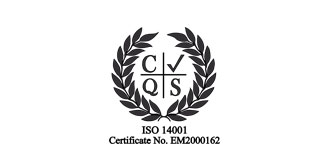
Promoting Reuse Over Recycling to Help Organisations Reduce Their Carbon Emissions
Information technology has transformed life and work for the better, but the benefits it brings come at a high price to our environment. Besides the carbon emissions emitted during the manufacturing process, the minerals and metals used to produce every new piece of IT equipment further deplete our planet’s store of scarce natural resources.
In recent years, concerns over climate change have led responsible organisations to review and reduce their carbon footprints, but the focus on switching to renewable energy only goes part of the way to addressing the issue. Energy use accounts for just over half of all global carbon emissions – with goods and services responsible for the remaining 45%.
IT assets contribute to this problem. Often, products are either recycled before the end of their working life – creating emissions in both their disposal and their replacement – or worse, they are consigned to landfill.
As a key intermediary in the IT asset lifecycle, we recognise that we have a duty of care to help minimise any environmental impact when assets are retired.
By extending the life of working assets no longer required by your organisation, we disrupt the unsustainable ‘make, use and dispose’ approach, and enable you to demonstrably reduce your carbon emissions. Using a database produced by IVL Swedish Environmental Research Institute in partnership with Inrego AB, we can accurately calculate your environmental savings, providing you with data you can share with stakeholders.
Where assets are no longer viable and cannot be reused, we will recycle them with the minimum environmental impact. Working parts will be removed for reuse, and any remaining hardware will be processed by an approved authorised treatment facility (AATF) partner, ensuring compliance with the WEEE directive.
Charterhouse Müller is committed to best practice waste and environmental management, and our environmental management system is accredited to ISO 140001.
As a responsible IT recycling business, we are registered with the Environment Agency and hold the following Exemptions and Licenses to compliantly support our operation:
- Waste Exemption T11 – Repair and refurbish WEEE
- Waste Exemption S2 – Storage of Waste in a secure place
- Waste Carrier License
